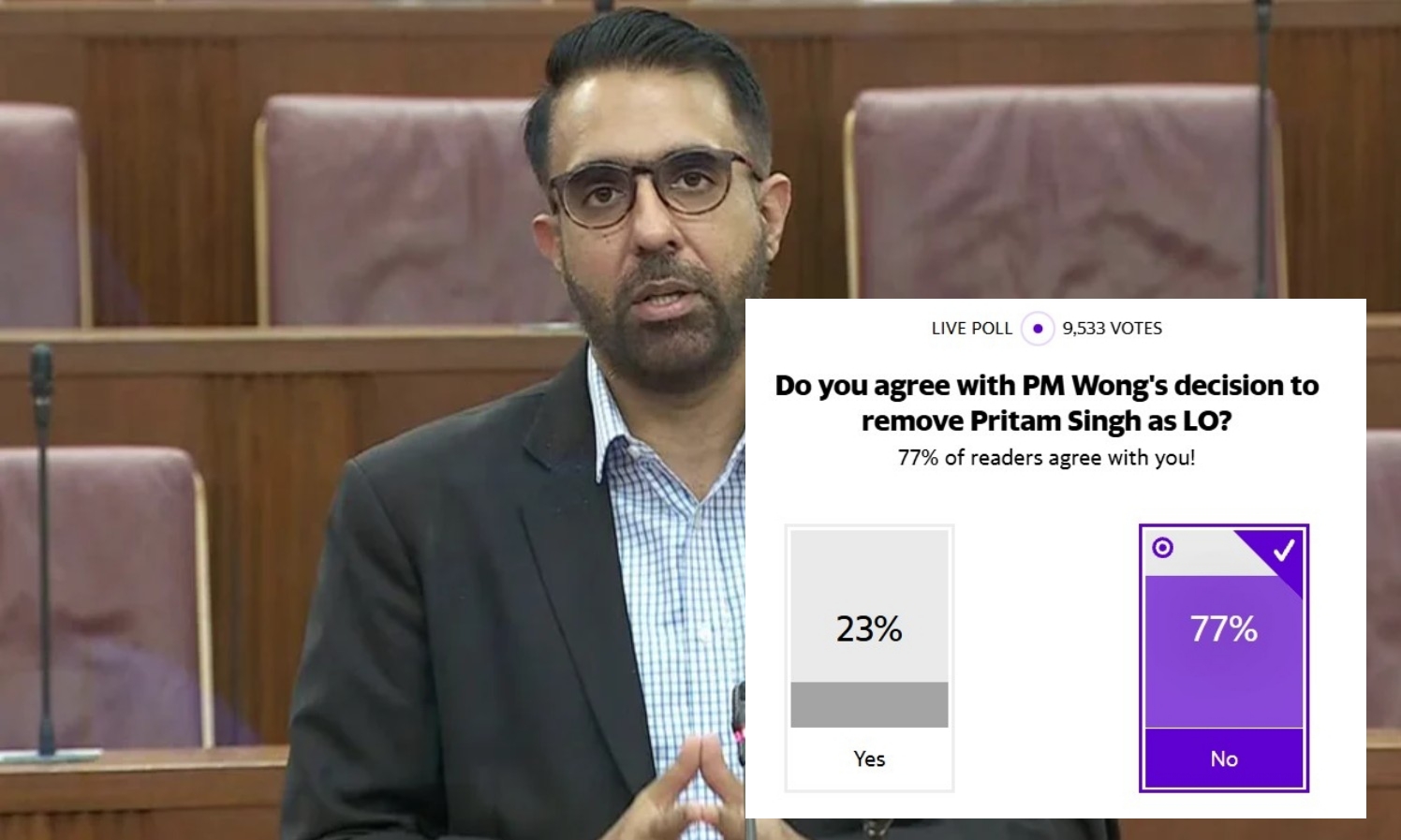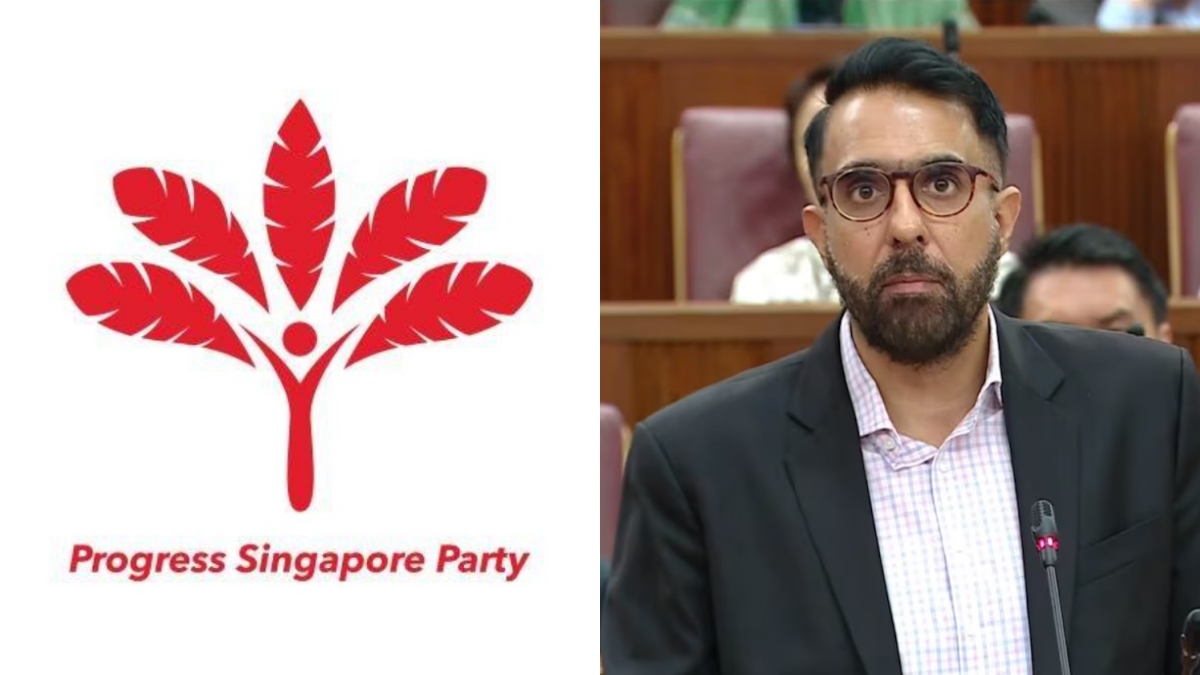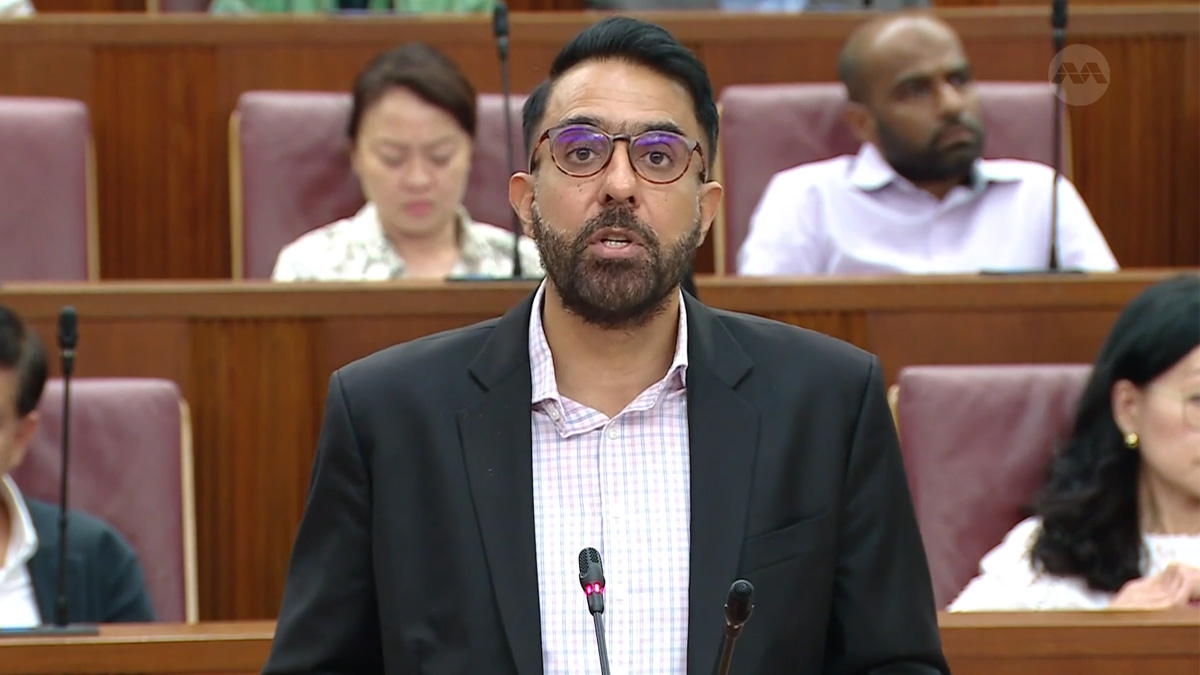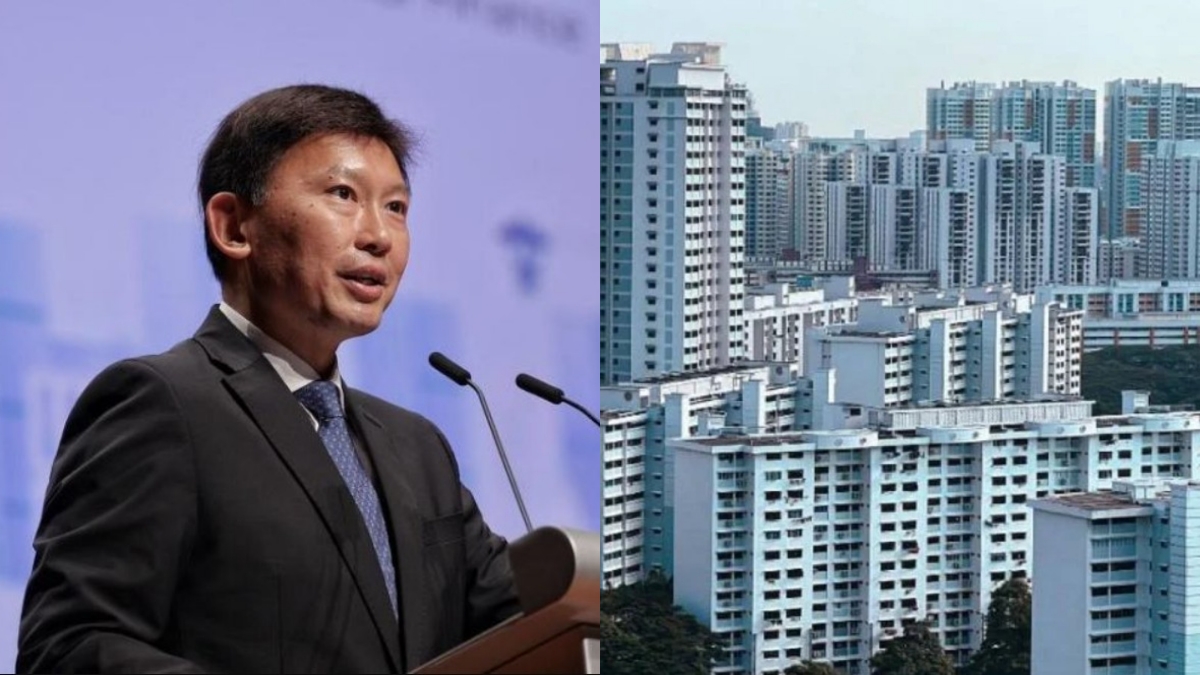Pritam Singh urges Eunos residents to vote on HIP as Tiong Bahru blocks fall short of turnout threshold
Pritam Singh has called on residents in Eunos ward to vote in upcoming Home Improvement Programme polls, highlighting recent turnout shortfalls in Tiong Bahru and stressing the long-term value of the heavily subsidised upgrading scheme.

- Pritam Singh urged Eunos residents to vote in upcoming HIP polls, citing recent turnout failures in Tiong Bahru.
- HIP requires a 75% pro-upgrade vote from eligible households and is heavily taxpayer subsidised.
- HDB data shows ongoing nationwide upgrading, with more than S$407 million allocated in the latest round.
On Monday (24 Nov), Leader of the Opposition Pritam Singh reminded residents of Eunos ward in Aljunied GRC to participate in upcoming Home Improvement Programme (HIP) polls.
He made the remarks in a Facebook post emphasising the significance of the programme.
Singh, who is also the MP for Aljunied GRC and Secretary General of the Workers' Party, noted that the HIP is a heavily taxpayer-subsidised upgrading initiative.
According to his post, the programme typically comes around only once every 30 to 35 years for eligible blocks.
He highlighted that for HIP works to proceed, at least 75 per cent of eligible households must vote in favour, either in person or by proxy.
He added that turnout is essential because the HIP cannot move forward if the required vote share is not reached.
Drawing on recent developments, Singh pointed out that a HIP polling exercise in Tiong Bahru had failed to achieve the necessary threshold for two blocks last week.
He used this example to underscore the importance of participation in the upcoming polls.
According to Singh, several precincts in Aljunied-Hougang town, including blocks 633 to 649 in Jalan Tenaga, will undergo HIP polling in the months ahead.
He advised residents that even those who have already renovated their units should consider voting in favour and opt out of non-essential works afterward.
He explained that a collective vote benefits all households.
For example, if the unit above requires toilet renovation and waterproofing, approving the HIP reduces the risk of inter-floor seepage affecting neighbouring flats.
Singh stressed that HIP voting is important for entire blocks, not only for those seeking specific improvements.
He described the programme as a means to enhance overall structural integrity and living conditions.
Netizens call for clearer communication, revised voting rules and stronger outreach for HIP
Observing Singh’s Facebook post, netizens debated whether the HIP should be compulsory, suggesting an opt-out system to overcome chronic non-voting.
Many felt turnout failures stemmed from apathy or lack of awareness, especially among elderly residents and recent movers.
Others criticised the voting method, arguing that counting non-voters as “no” votes was flawed and calling for clearer engagement.
Residents also raised concerns about costs, disruptions, and confusion over eligibility. Several emphasised the need for stronger communication.
One noted that new Tenagaville residents were unaware of upcoming polling; Singh replied that notices had been issued and would be reposted. Another highlighted weak participation, and Singh acknowledged that this required emphasis.

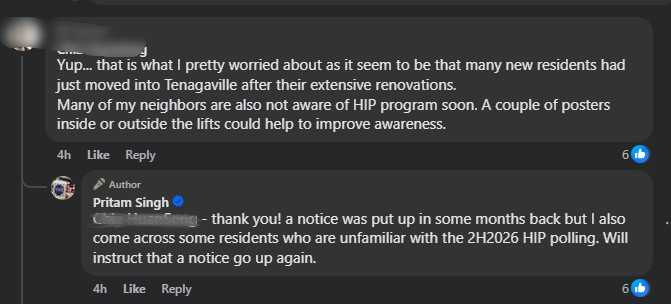
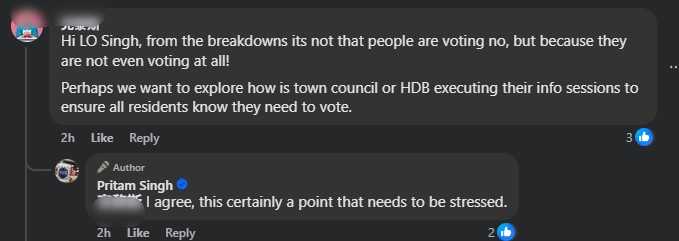
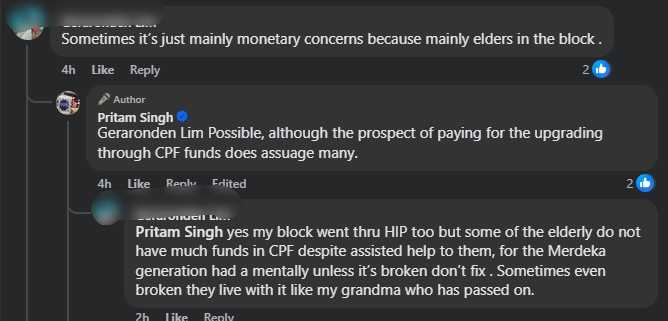
According to the Housing and Development Board (HDB), the HIP is designed to address maintenance problems in ageing flats, such as spalling concrete.
HDB noted that the scheme was introduced in 2007 for flats built up to 1986 that had not undergone the Main Upgrading Programme.
In August 2018, the programme was expanded to cover flats built between 1987 and 1997.
HDB explained that upgrading works for a typical precinct of eight to ten blocks generally require 1.5 to 2 years.
Works within each flat typically take ten working days or fewer, depending on the chosen improvements.
HDB also reiterated that at least 75 per cent of eligible Singapore Citizen households must vote in favour for works to proceed, while Permanent Resident households are not eligible to participate in the poll.
In February 2025, then-Minister for National Development Desmond Lee said about 29,000 flats built in 1997 or earlier had been selected for HIP.
According to his remarks, the flats span 371 blocks in areas including Bedok, Choa Chu Kang, Pasir Ris, Hougang, Tampines, and Jurong West.
These blocks will receive structural upgrades and optional features such as senior-friendly fittings.
The government has allocated more than S$407 million for the latest round of improvements.
According to HDB, about S$4 billion has been spent on the programme as of 31 March 2024.
The agency emphasised that the HIP remains central to maintaining ageing public housing stock across Singapore.


